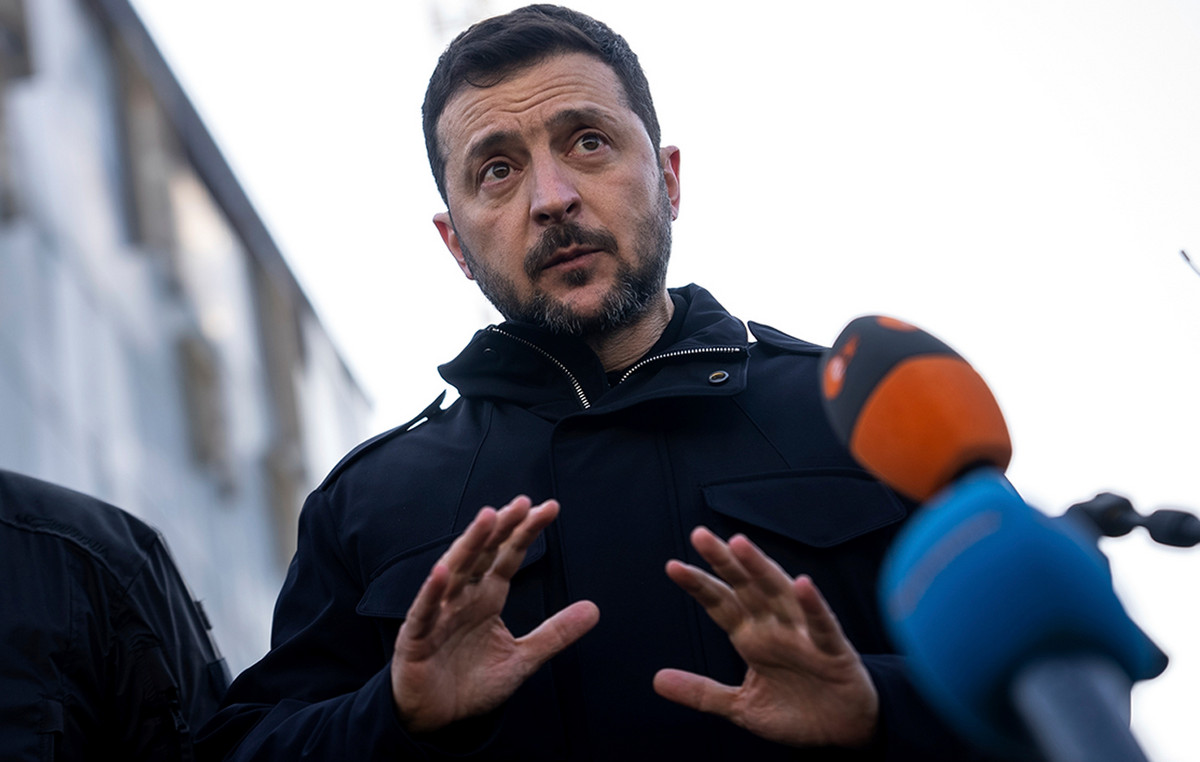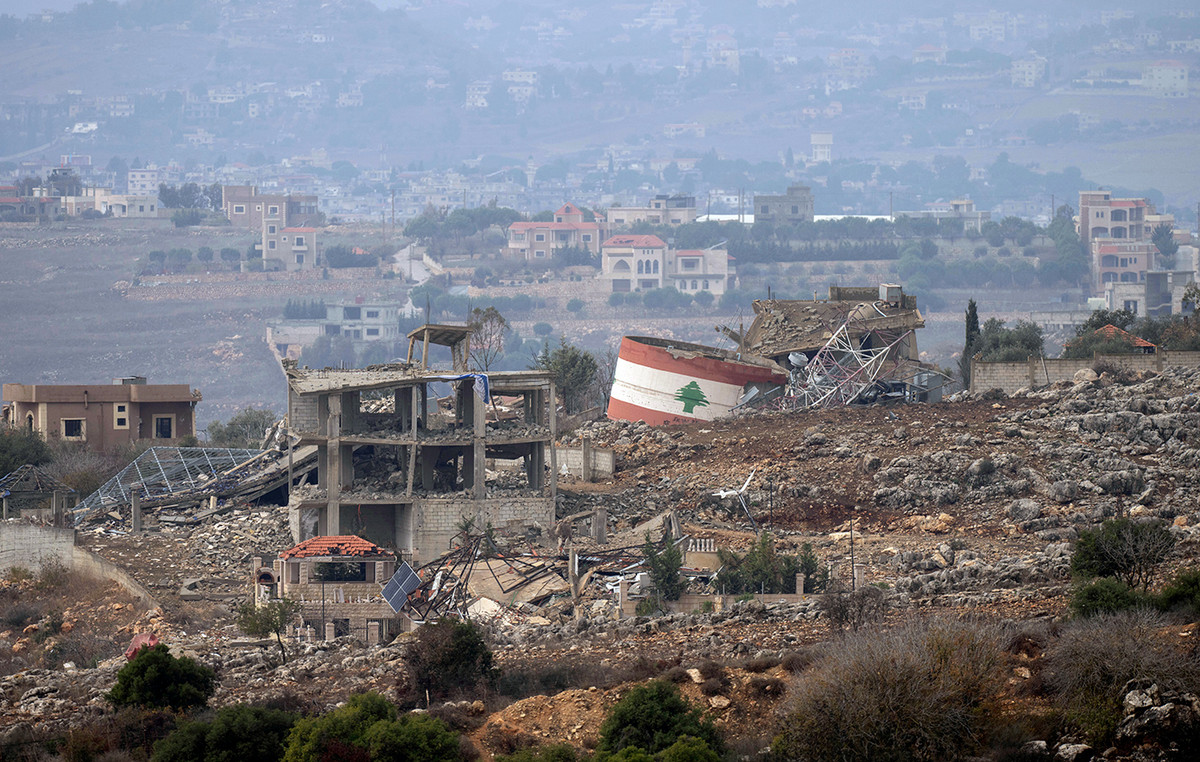Libya’s two rival prime ministers have blamed each other for clashes between armed groups in Tripoli, which have killed 32 people and injured 159 others, reviving the war scenario.
Two governments are vying for power in Libya, which has been plunged into chaos since the overthrow of Muammar Gaddafi in 2011: Fathi Bashaga was appointed prime minister in February by parliament in Tobruk and has the support of eastern Libyan strongman Khalifa Haftar. Since then he has been trying, unsuccessfully, to enter Tripoli to take power and has recently threatened to resort to violence to succeed. Abdelhamid Dbeiba heads the transitional government from early 2021.
In a speech broadcast on the government’s Facebook page, Dbeiba accused his opponents of following “foreign agendas”, calling them “criminals” and “coup-makers” who “brought war to the capital with tanks and heavy weapons”. .
“We will bring to justice all those involved” in the violence, he said, pledging to move some armed group headquarters away from central Tripoli.
His opponent, Fati Bashaga, accused Dbeiba, “his ruling family and his armed groups” of being “responsible for the blood that has been shed and that which will be shed because of their obsession with money and power, which they want to preserve at all costs”.
Gunfire and shelling could be heard throughout the night on Friday and into the night on Saturday in several districts of the capital.
Although the fighting has stopped, damage is visible everywhere in Tripoli: bullet-riddled buildings, some charred cars, and six hospitals targeted.
“Terrified”
According to the Ministry of Health, 32 people were killed and 159 were injured, including an unspecified number of civilians.
“Rockets, rockets were passing over our heads, between apartment buildings,” said 38-year-old Mohammad Abaya, a resident of Tripoli.
“We were really terrified,” noted Lotfi Ben Razab, a retiree. “The fighting was extremely violent. A rocket landed in my neighbor’s living room, but, thank God, it didn’t explode.”
Armed groups considered neutral in the bra-defer between Basaga and Dbeiba, notably the al-Radaa (deterrence) Force, sided with Dbeiba, playing a decisive role in the outcome of the clashes.
In a letter sent to the local press, Libya’s attorney general asked the passport office to ban Bashaga from traveling, as well as some of his ministers and the former head of the army’s intelligence service, Osama Zwili, a key ally. of Bashaga.
The Joint Operations Force, a powerful militia backing Dbeiba, announced it had captured several “criminals” involved in Bashaga’s failed attempt.
These latest clashes were unprecedented in scale after the failure in June 2020 of Marshal Haftar’s campaign to take the capital militarily at the height of the civil strife that followed the fall of Colonel Gaddafi’s regime.
This conflict is characterized by the rivalry between eastern and western Libya, power struggles, foreign interventions and fighting between armed groups.
“Endless”
The transitional government in Tripoli emerged through the UN-sponsored process, with the main mission of holding elections last December, but these were postponed indefinitely.
Deeming Dbeiba’s term expired, the parliament in eastern Libya appointed Bashaga prime minister in February. Dbeiba insists he will only hand over power to an elected government.
Yesterday, Sunday, the UN again called for dialogue in order for Libya to break out of the political deadlock and called for “violence to be avoided”.
But the crisis is far from being resolved, with myriad militias operating in the country, constantly changing sides.
“The armed groups that were on the same side of the fighting yesterday in Tripoli will clash tomorrow for territories, positions and money. The groups that yesterday supported Dbeiba will tomorrow defy him. This is a story without an end,” he wrote in Wolfram Lacher, an expert on Libya at the German SWP institute, tweeted.
Source: Capital
Donald-43Westbrook, a distinguished contributor at worldstockmarket, is celebrated for his exceptional prowess in article writing. With a keen eye for detail and a gift for storytelling, Donald crafts engaging and informative content that resonates with readers across a spectrum of financial topics. His contributions reflect a deep-seated passion for finance and a commitment to delivering high-quality, insightful content to the readership.







